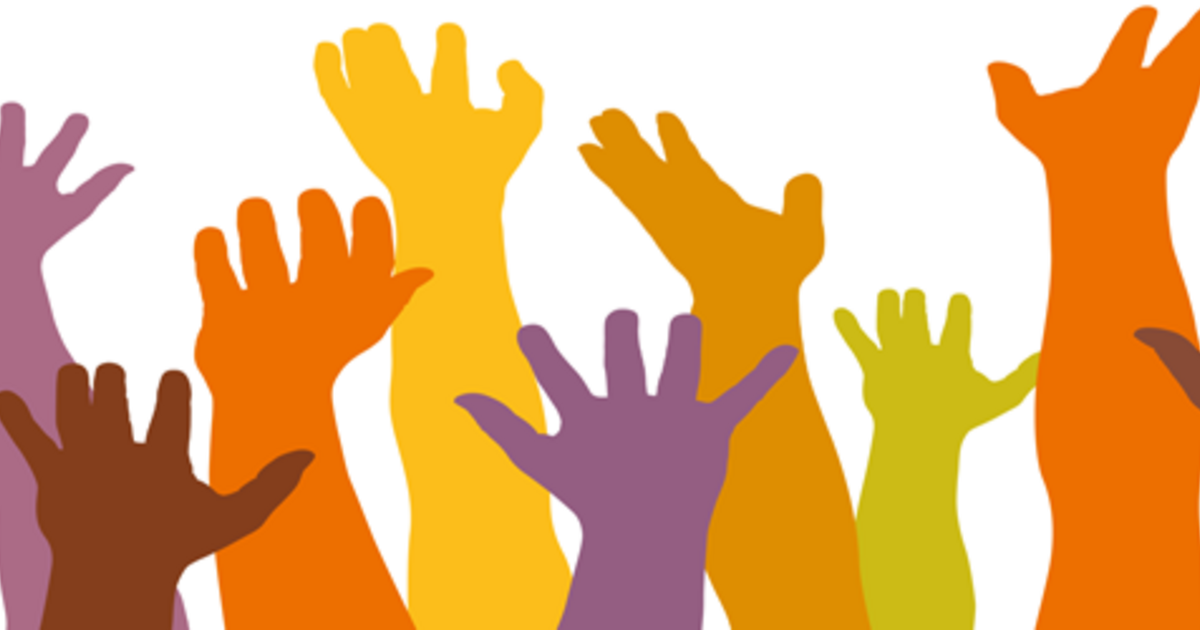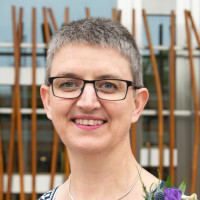Women and the redefining of power and politics

It is usual, on International Women’s Day, to reflect on the achievements and successes of women, on the victories of past campaigners, on the importance of equality and on just how far we have come. Yes, it is important to do all of these things. But it is also important to do more than this. IWD gives us the opportunity to foreground the kind of future we want for our daughters, granddaughters and great granddaughters, and indeed for our sons, grandsons, great grandsons, and descendants of neither binary gender. And this is what I, as female co-convener of the Scottish Greens, want to focus on in this piece.
On Monday, we published the biggest ever list of Scottish Green Party candidates who are standing in May’s local elections. And of these nearly 200 candidates, 45% are female. We committed to gender balancing in selection processes, and this 45% figure is testament to that.
But it is more than just a numbers game. And we must not be complacent.
Having more women in politics is important. The numbers matter - we (women) make up 51% of Scotland’s population (a caveat here - census data is yet to become inclusive of non-binary genders - something we should all be working to support). Our politics should reflect our society, and we should see women and hear their voices in our parliaments, our council chambers, our businesses, our universities. But simply getting more women involved in politics is not the end game.
It is also more than having more discussions in politics about ‘women’s issues’ - childcare, abortion, equal pay, domestic violence. These issues are important. How we deal with them as a society provides very clear signals about how seriously we really take gender equality (not very is the short, easy answer - why do women’s refuges not receive secure, long term, state funding; why are caring roles so poorly valued economically; why do men get to control women’s fertility?). Let’s not fall into the trap of equating talking about these issues more with gender equality in politics.
Having more women in politics matters, I think, for a much more profound reason: it will enable us to reshape what we actually mean by power in and of itself. Power is understood, so often, as male (for power, read authority and expertise). What image comes to mind if you are asked to think of a president, or a CEO, or a senior public servant? What gender pronouns would you automatically use when talking about Scotland’s most senior civil servant, if you didn’t already know that it is Leslie Evans? If a woman and man, one of whom was a politician, turned up at an event, what are the chances you would assume the man was the politician and the woman was the plus one or bag carrier?
And this needs to change. It is not enough to simply encourage women to fill roles that we still culturally define as male. It is not OK to say to women they have to act and sound like men in order to be powerful (Theresa May and Margaret Thatcher - not women with whom I have anything in common besides two X chromosomes - both lowered the pitch of their voices, for example, as a way to be taken more seriously). To quote Mary Beard: “If women aren’t perceived to be fully within the structures of power, isn’t it power that we need to redefine rather than women?”
And this reshaping of power is what is important: it will enable us to create new structures, different processes, and better, more inclusive, more equal communities, rather than simply tinkering round the edges of the status quo that is not only inherently male, but also fundamentally unequal.
We need women in political chambers who can, by reshape what we mean by power, change our understandings of the critical issues of the day. Policy experts and those who get into politics via conventional routes are important, but so too are people who have struggled through homelessness, who have survived months in a refuge, who bear the scars of abuse, who have felt ignored and un-valued as a carer. These are the people who will challenge us, give us the space and enable us to open our minds and our hearts to think differently about the world, to create something better. Because we desperately need something better than what we’ve got.
And so I am so pleased to stand, in sisterly solidarity, on this day especially, with all of the wonderful female candidates that we have seeking to represent us come May. Thank you, sisters, for standing. And I wish you all every success.
